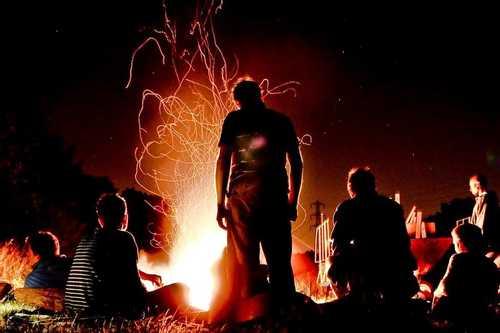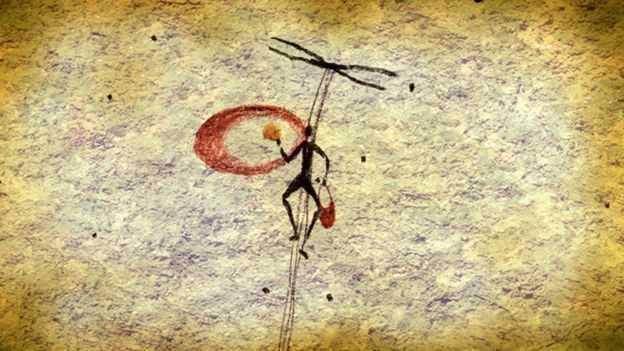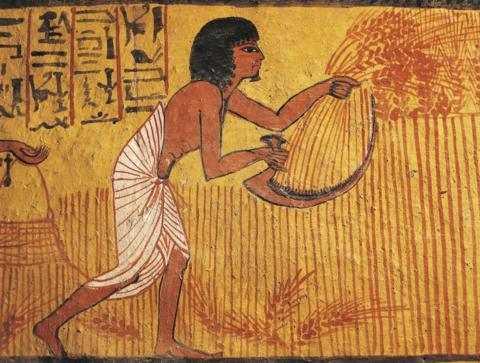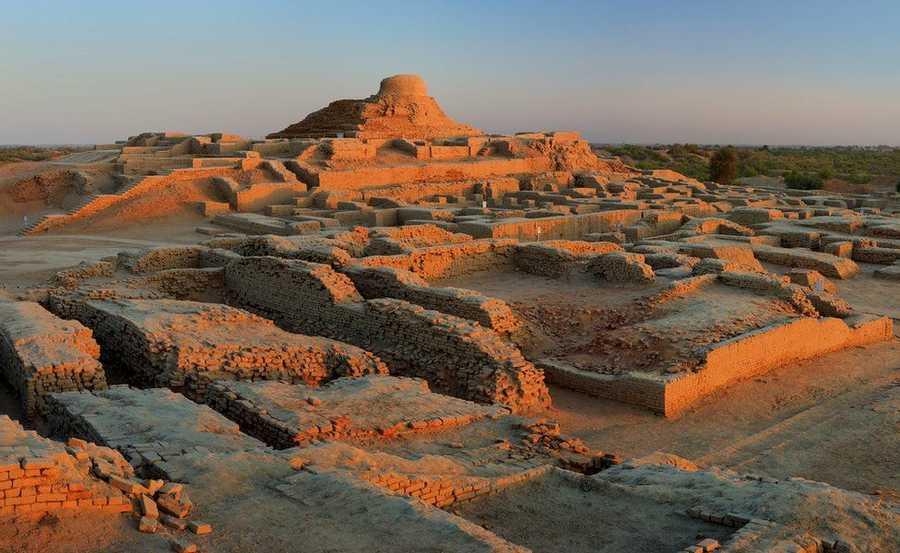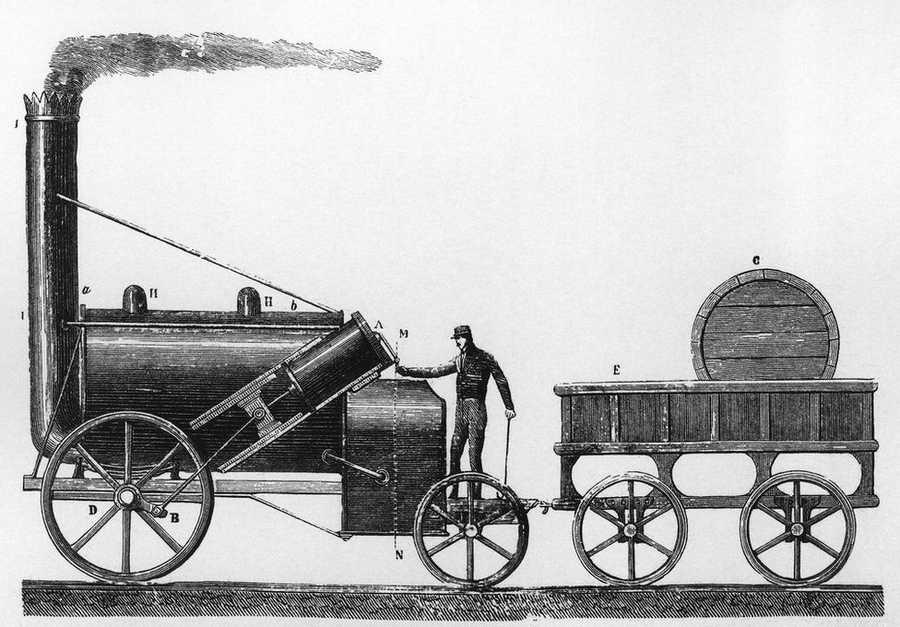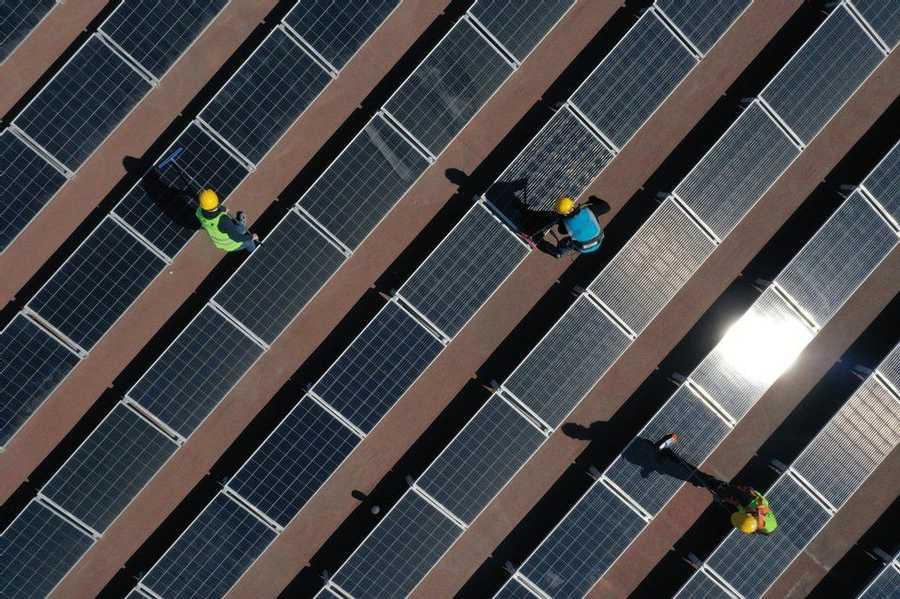Explore the World's Best Ideas
Join today and uncover 100+ curated journeys from 50+ topics. Unlock access to our mobile app with extensive features.
Energy Is The Key
The average human being in a developed country uses more like 100 times the amount than a resting human being does to sustain their metabolism, if you add in the energy needed to get around, build and heat our homes, grow our food and all the other things our species gets up to.
Unlike virtually every other creature on Earth, human beings do much more with energy than just power our own metabolism.
32
444 reads
We Are A Creature Of Fire
- Fire did much more than just keep us warm, protect us from predators and give us a new tool for hunting. Fire actually refashioned our biology.
- The decisive development as a result of fire was cooking. Anything that allows an organism to get energy more efficiently is going to have huge effects on the evolutionary trajectory of that organism.
32
270 reads
The Power Of Cooking
The nutrients in food are exposed when heated. This makes it is easier for our digestive enzymes to do their work effectively, extracting more calories more quickly than if we ate our food raw. The extra energy it gave us allowed us to evolve the small colons and relatively large energy-hungry brains that distinguish us from other primates.
And, as our brains began to grow larger and smarter it created a positive feedback loop and we figured out more ways to to access the calories in our food.
33
213 reads
Agriculture And Climate Change
Around 12000 years ago, global temperatures rose rapidly and then stabilised. Within 2000 years people all over the world started domesticating crops.
Cultivating crops had been pretty much impossible during the Ice Age but the new warmer climate, coupled with a big rise in carbon dioxide levels, was very hospitable to plant life.
More food meant more people - who could then expand into new territory, and develop new technologies that produced even more food.
36
252 reads
Rise of Civilizations
The surplus energy agriculture created meant we could sustain much larger populations. Everyone didn't need to farm anymore and people could specialise in other fields or arts. Civilizations now started developing.
Hunter gatherer communities tend to share resources fairly equally. In farming communities, by contrast, deep inequalities can develop.
People in civilizations worked double the amount than a person in a hunter gatherer society and only kings and nobles enjoyed a leisurely life.
32
214 reads
Industrial Revolution
By the 18th Century, our increasingly populous societies were beginning to run up against the limits of agriculture.
Then we found coal that we could dig up and burn in almost unlimited quantities which contains the solar energy captured over millions of years by fossilised forests. Oil and natural gas proved even more valuable.
Not only were fossil fuels abundant. They also provided ever greater sources of power, liberating us from our dependence on animals for farming and transportation.
Since the Industrial Revolution we have grown taller and healthier, our life expectancy has increased vastly, and in the developed world we are on average 30 to 40 times better off.
33
203 reads
Climate Change
We live in a fossil fuel society. But while they proved to be extremely valuable, the catastrophic climate change they are creating now threatens to derail that society. Two centuries ago we reached the limits of what agriculture could do, now global warming is imposing a limit on what fossil fuels can safely do.
It has created the greatest challenge human society has ever faced - moving back to relying on the daily influx of energy from the Sun to meet the huge energy needs of eight billion people and counting.
38
320 reads
IDEAS CURATED BY
Purvankit khadatkar's ideas are part of this journey:
Learn more about artsandculture with this collection
The history of fashion
The impact of fashion on society
The future of the fashion industry
Related collections
Similar ideas
8 ideas
Passive House and All-Electric Homes are like Chocolate Falling in Your Peanut Butter
passivehouseaccelerator.com
4 ideas
Read & Learn
20x Faster
without
deepstash
with
deepstash
with
deepstash
Personalized microlearning
—
100+ Learning Journeys
—
Access to 200,000+ ideas
—
Access to the mobile app
—
Unlimited idea saving
—
—
Unlimited history
—
—
Unlimited listening to ideas
—
—
Downloading & offline access
—
—
Supercharge your mind with one idea per day
Enter your email and spend 1 minute every day to learn something new.
I agree to receive email updates
